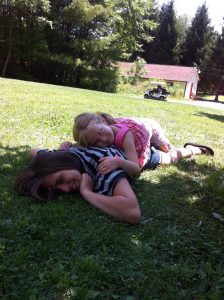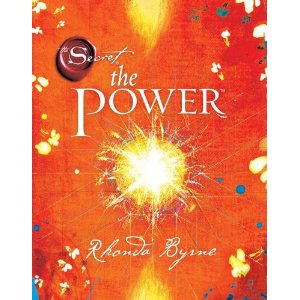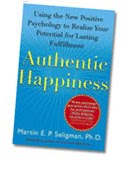Earl: “Look! Shampoo that’s not tested on animals. I feel bad for those lab animals running around with dirty hair, but if it’s better for the environment, that’s the sacrifice they have to make.” Jason Lee as Earl Hickey, MY NAME IS EARL Karma is a funny thing
There are some humorless men in my life. A few months ago I sent an email to two of them. It was pretty funny: UFO’s, aliens, subliminal programming with muzak, ex-CIA agents who can be hired to forcibly waterboard someone, without their consent, and beating my rascally middle daughter with a stick in Riverside Park were all mentioned. Admittedly, my sense of humor is offbeat and irreverent. Still, this email was juicy. But did they respond to it AT ALL? Oh, nooooooooooo. They just pretended it didn’t exist.
This current husband of mine read the missive before I sent it. “Don’t send that,” he said, with a flat expression. Hmph. My third husband will have a rich sense of humor. He will be able to laugh with me. At me, okay, that’s gonna happen, alas. Even I spend plenty of time laughing at me. (Definition of ‘rueful,’ anyone?) But, definitely, also, with me.
Over the last few years I’ve been working with Buddhist concepts and with the Bhagavad Gita. In the spirit of “what goes around comes around,” I have to wonder, when did I not laugh at people that has reached fruition with this overabundance of humorless men in my life?
Should I rack what’s left of the gray matter rattling around my cranium to recall anyone whose joke I did not get, then make a list, seek them out, and make restitution by letting them tell me their favorite jokes, which culminates in my laughing uproariously? Will that plant new seeds for me, seeds that will sprout into men with some sparkle to their personality?
Maybe it’s a past life thing. I was an uptight guy in the 17th century who inflicted lethal self-seriousness on the long-suffering women in my life. Now I’m reaping my just rewards, and there’s no going back to pull the poker out of my former derriere. Karma’s a complicated thing, and hard to navigate exactly. Those of us like me who aren’t enlightened can’t parse it.
It’s easier to see the working of karma in other people’s lives. I tread carefully here, being mindful of Rabbi Jesus’ words, “Why worry about the mote in your brother’s eye when there’s a beam in your own?”
But I am a careful observer of people, both because people are a novelist’s raw material, and because I’m fascinated with human beings, those conscious and inconsistent creatures. While not positing myself as a perfect person, I can discern. I can learn from others.
There’s a man I know who’s recently had many business reversals. He’s brilliant, educated, competent, personable. Indeed, he exudes a charm that many people can’t see through. I’ve watched with breathless awe as he’s snowed them totally. It’s a virtuoso act.
Unfortunately, the charm obscures a negative side. He’s acted from that negative side over the last several years, threatening me and others with litigation, co-opting tactics of bullying and intimidation, twisting reality to suit the ends of malice, never using a kind word when hostility will make the point for him. And there seems to be no one in his life who will call him on his stuff. His family has always lent him blind entitlement, and his close friends only affirm his better points, of which there are many.
I suppose this is when I am grateful that my close friends hold me to a high level of personal accountability. “So Traci,” my friend Gerda will say, in her patient voice, “are you acting out of negative intent? Are you acting out of fear or out of love?”
Or even my friend Marcia will ask, “Yes, but is that about your self-esteem? Can you phrase that in a way that’s less ambiguous?” Rachel usually foists a zinger, with less concern for my vulnerability and more concern for the bull’s eye of painful truth.
But I don’t think the benighted man in question, may all the gods bless him, has anyone speaking this way to him. Nor does there seem to be anyone reminding him about the Law of Return, that whatever you give out inevitably comes back to you. So it is no surprise to me that, despite his many talents, he is suffering business losses that cause him personal anguish.
Not that he would or could ever see the relationship between his abusive actions and the unfoldment of his life. It’s hard for all of us. There is the real cause of things and the apparent cause. What is apparent is the economy, the paternalistic government, the state of the world, etc. But in this view that seeks to go deeper than appearances–and even the Talmud talks about “measure for measure” and “As one does, so they do to him”–we are all guided toward spiritual forces of cause and effect.
Which leads me back to the lab animals with dirty hair, making sacrifices for the environment. I can only hope they transmigrate species, and reincarnate as higher beings. Perhaps humorless men.








